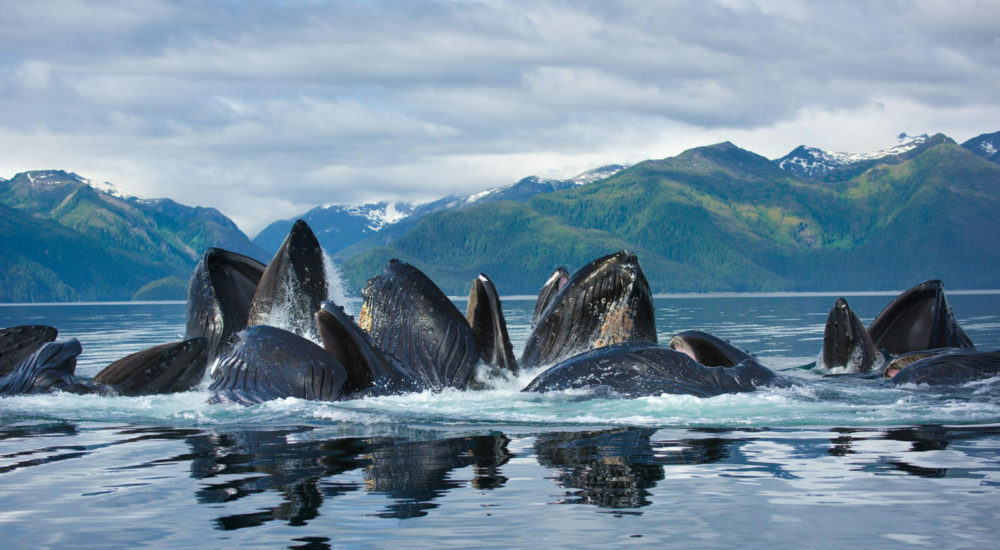In this series we have shown many indicators of wonderful improvements in modern life, and while we can’t always point to a direct connection with fossil fuels we can usually claim an indirect one because of the crucial extent to which they have enabled the creation of so much wealth and so many inventions. But for this week’s chart cause and effect is direct and undeniable: fossil fuels saved the whales. Although whales have long been hunted, in the 19th century Americans began using whale oil in vast quantities for lighting and the whaling fleet and its effectiveness expanded accordingly, with the resulting harvest rates soaring. The carnage would likely have spelled the end of whales everywhere, except for a technological miracle in the mid-1800s: the invention of fossil fuels. From that point on there were better and cheaper substitutes for whale oil and, as shown at OurWorldinData, the whale oil business dramatically shrunk:

Several factors all worked together to shrink the whaling fleet. And certainly one of them is that the depletion of whale stocks due to overfishing, a classic “tragedy of the commons” in the absence of defined property rights, raised the cost and difficulty of whaling voyages. But even as late as 1890 there were still 200 American whaling vessels plying the oceans before the rapid growth of Standard Oil and other supposed villains replaced whale oil with far cheaper and better fuels.
Unfortunately the picture above is only part of the story. Whaling took off again in the 20th century as new industrial applications for whale oil, blubber and bone were developed. By the 1960s about 700,000 whales per decade were being hunted, and in some countries appeals to environmental sensibility fell on deaf ears:

Nevertheless that chart also ends happily. As stocks declined it became costlier to hunt whales, and public pressure in many Western nations led to the creation of the International Whaling Commission and subsequent international controls on commercial whaling. Also our ingenious fossil fuel companies developed more and better substitutes for the products for which whales were still being harvested. So fossil fuels saved the whales twice.
Over more than a century the world made great strides to protect all those lovely whales. And let’s be fair here: much of it was done at the urging of environmentalists, often over the grousing of conservatives, even while the industries conservatives liked played a crucial role in making green dreams possible. But the happy ending to this story may now be leading into an unhappy sequel.
Since the 1980s the environmental movement has since gone all in on climate alarmism and is now enthusiastically backing offshore wind development along the US northeast coast that is creating new and deadly hazards for the whales. And here yet again the availability of fossil fuels means we don’t need to kill them, for that kind of energy any more than for whale oil. If only such considerations, and such magnificent creatures, still mattered to the green movement.


